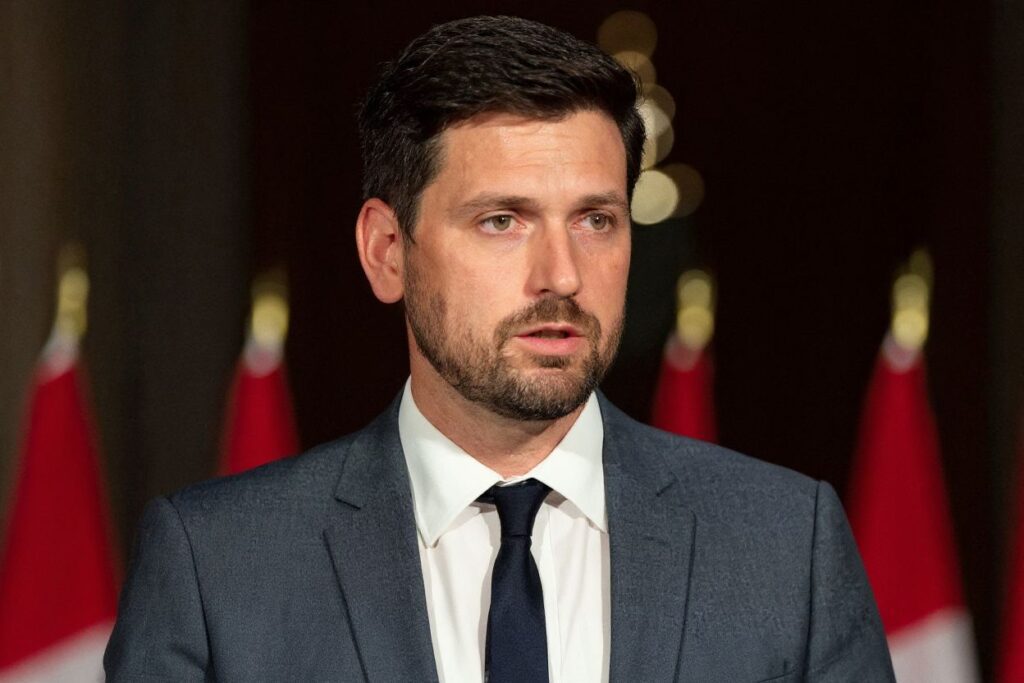
Good news for international students with plans to work in Canada: the government has put new measures in place to allow you to pursue your studies online without sacrificing your eligibility for a post-graduation work permit (PGWP). The PGWP allows students who have graduated from eligible Canadian designated learning institutions to work in Canada.
The Government of Canada announced yesterday that international students would not have to return to their universities within a specific timeframe to qualify for a PGWP.
“As we transition back to pre-pandemic requirements, we encourage international students to come back to Canada,” officials wrote in a statement. “A transition period is available for those who may need some time to do so.”
Officials clarified that distance learning measures are being extended to Aug. 31, 2023 following consultations with provinces, territories and education stakeholders. However, there are certain conditions students need to fulfil to qualify for the PGWP.
“International students studying online from abroad or who submit a study permit application no later than Aug. 31, 2022, will continue to be able to complete up to 100% of their programme online without affecting their PGWP eligibility,” the statement said. “However, study time completed from abroad starting on Sept. 1, 2023, will be deducted from the length of their post-graduation work permit, regardless of when a student began their studies.”
Temporary distance learning measures will be extended for those starting their programmes from Sept. 1, 2022 to Aug. 31, 2023. Of these, no more than 50% of academic credits earned can be completed outside of Canada to qualify for a PGWP.
Any academic studies completed online from outside Canada after Sept. 1, 2023 will be deducted from the length of a future PGWP.
 The Canadian government is processing immigration backlogs as soon as possible.
The Canadian government is processing immigration backlogs as soon as possible.
Canada PGWP: “Our focus is on reducing existing backlogs, including for student permits”
The Canadian government is reportedly hard at work to ensure immigration backlogs are being processed as soon as possible. Officials clarified that this includes putting a priority on processing student visas, as well.
“With unprecedented interest in Canada from applicants all over the world, the department continues to set the bar higher for immigration processing,” the statement said. “However, responding to humanitarian crises and updating ageing technology to meet demands have led to processing delays and longer wait times.”
Here, the government refers to efforts being made for citizens from disadvantaged or war-torn countries. These include introducing immigration measures for Ukrainian citizens, who are eligible to apply for an open work permit. Through this, visa holders will be able to work for virtually any employer in Canada for up to three years.
Outside of this, the government is aware of the current backlog of visas faced by the immigration office. Extra priority will be given to overcome this.
“Our focus is on reducing existing backlogs, including for student permits,” the statement said. “Nevertheless, despite prioritising study permit applications for students looking to begin their studies in September, some international students may not have their application processed on time to begin their studies in person for the fall 2022 intake period.”
 IRCC Minister Sean Fraser announced in June an initiative to fast-track PR approvals for temporary resident permit holders.
IRCC Minister Sean Fraser announced in June an initiative to fast-track PR approvals for temporary resident permit holders.
Canada: An ideal location for international students?
Canada is known as one of the friendliest countries to international students. The country has long been searching for ways to tackle the issues that come with its ageing workforce, prompting the government to introduce several enticing offers towards permanent residency for skilled foreign talent and international students alike.
Indeed, the Minister of Immigration, Refugees and Citizenship Canada (IRCC) Sean Fraser announced in June an initiative to fast-track PR approvals for temporary resident permit holders. Reports show that the labour shortage is encouraging employers to overlook the lack of work experience, making it easier for international students to gain employment — and eventually find a way to permanent residency.
The flexible time frame granted to students beginning their programmes this September is one more initiative being taken to open the country up to talented graduates.
“At the height of the pandemic, measures were introduced to help mitigate the impact of travel and health restrictions on international students and Canada’s international education sector,” the statement said. “These measures allowed international students to complete up to 100% of their programme online from outside Canada without affecting their eligibility to a potential pathway to permanent residence.”
This is a contrast to previous measures which prevented international students from qualifying for a PGWP if they were to complete their studies overseas.
“Prior to the pandemic, students were required to complete no more than 50% of their program online, and time spent studying online from outside Canada was deducted from the length of their PGWP.”










